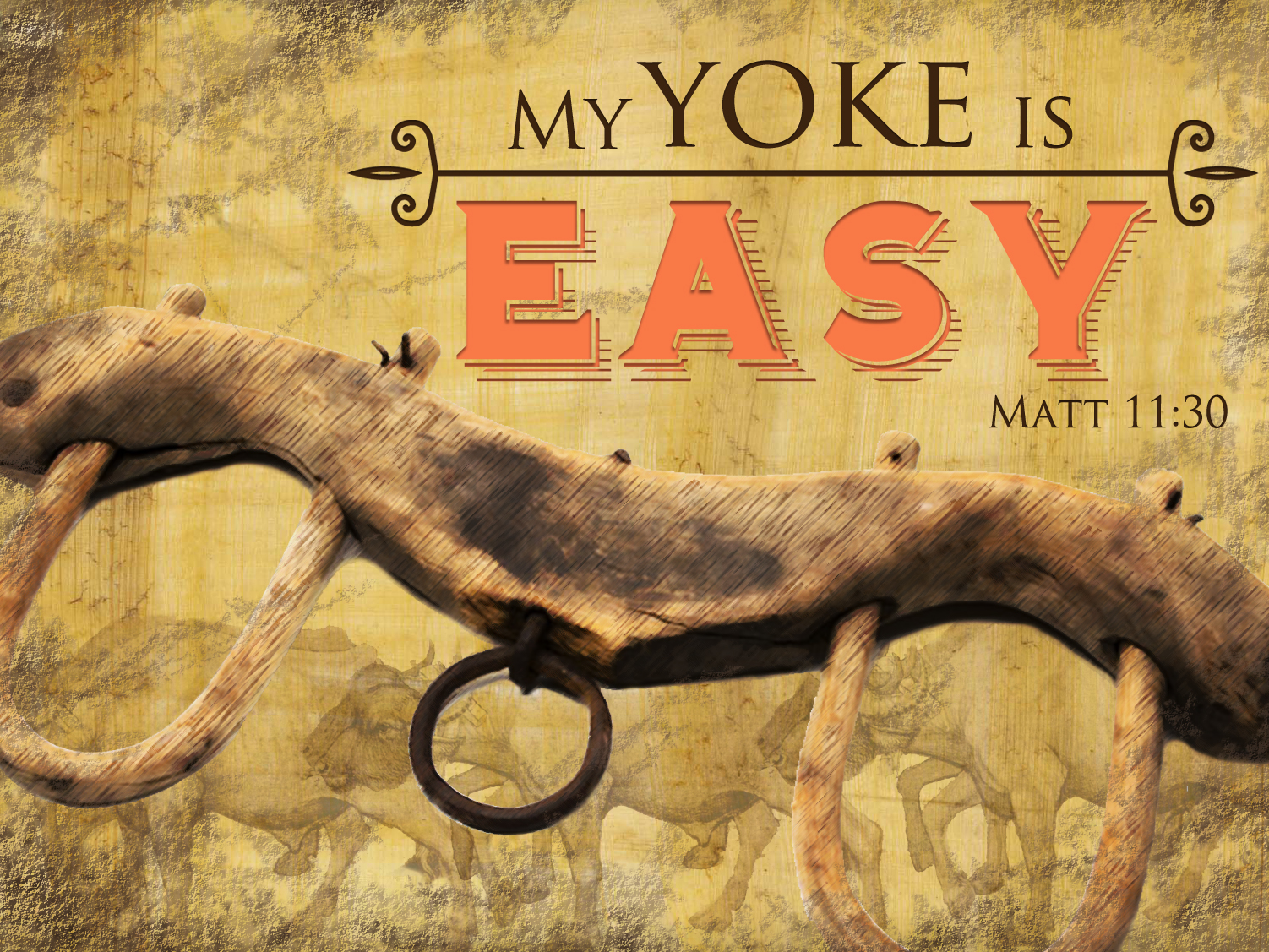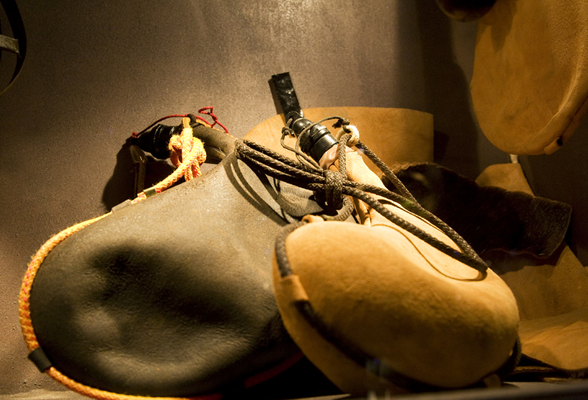So we’re finally in Ordinary Time on a Sunday. We’ve travelled through Lent in which we have been called to repentance, and through Easter during which we have been made new people. We are now here in Ordinary Time when we are called to figure out how to live as a people redeemed and made new. During these days of Ordinary Time, we get the tools we need to live the life of discipleship.
So, looking at our Liturgy of the Word today, our tool for discipleship seems to be humility. I know what you’re thinking: “Well, no thanks, actually. I may just leave that particular tool in the toolbox.” Because being a person of humility in our culture can be seen as something of a character flaw. For decades, maybe even longer, our society has encouraged us to toot our own horn, to look out for number one. “Believe in yourself” has been the mantra of Oprah and Doctor Phil and all those other so-called gurus. But we have to remember that we have not been breathed into existence in the image of Oprah or Doctor Phil. We have been created in the image and likeness of God, and so we need to emulate our God as closely as we can.
So what does our God look like? Well, Zechariah gives us a pretty clear portrait today: “See, your king shall come to you; a just savior is he, meek, and riding on an ass, on a colt, the foal of an ass.” So our Savior was prophesied to be meek and just, and far from coming into the city riding on a mighty horse of a king, he comes in on a donkey, the beast of burden employed by the poor. And that’s just how Jesus was, wasn’t he? This kind of reminds me of Pope Francis. He could ride into town in any kind of pope-mobile he wanted, but he chose a second hand car. Pope Francis is encouraging is all to live as Jesus did, and Jesus was a model of humility.
That’s just what Jesus invites us to in today’s Gospel. He invites us to take his yoke upon our shoulders. A yoke back then was an implement that kept the oxen together so they could work the fields. So a yoke implies a few things. First, it’s going to be work. That’s what yokes are for. So when Jesus says he’s going to give us rest, that doesn’t mean that there won’t be some work involved. Disciples have work to do in this world, living the Gospel, witnessing to God’s love, and reaching out to a world that needs hope.
Second, a yoke meant that more than one animal was working; they were working together. So as we take Jesus’ yoke upon us, we are yoked to him and we are yoked to other disciples. Jesus calls us to work for the kingdom, but never expects us to go it alone. That’s why his burden is easy and light: it’s still a burden, but we never ever bear it alone, Christ is always with us, and we always live our discipleship in community with other believers.
This model of working for the kingdom leads us right back to humility. If we are not going it alone, that means that we can’t take sole credit for the mighty things we do in Jesus’ name. Yes, we do great things, but we do them because he has transformed us and has taken the yoke with us; we do them with the help of other disciples to whom we are yoked for the particular purpose of being God’s presence in the world. We are no longer men and women in the flesh, as Saint Paul says today, we are people of the Spirit, with the Spirit of Christ in us, and so in Christ we cast aside those deeds of darkness and, taking his yoke, we accomplish the work Jesus has given us. Saint Augustine once said, “Humility must accompany all our actions, must be with us everywhere; for as soon as we glory in our good works they are of no further value to our advancement in virtue.”
And that is our goal as disciples: to advance in virtue. Some days, that’s very hard work. But we never have to go it alone, if we are truly humble people working in the image of our God.




You must be logged in to post a comment.